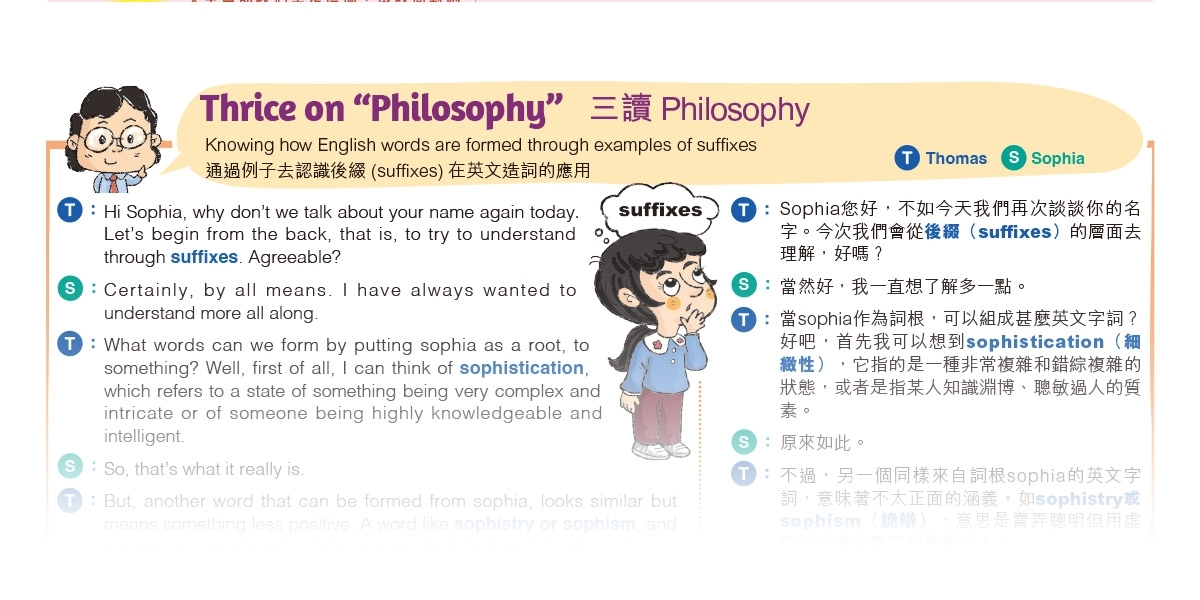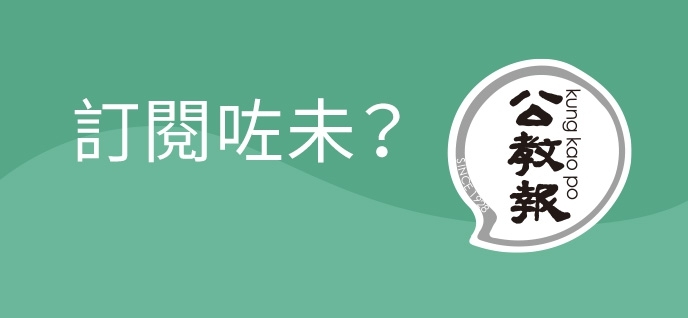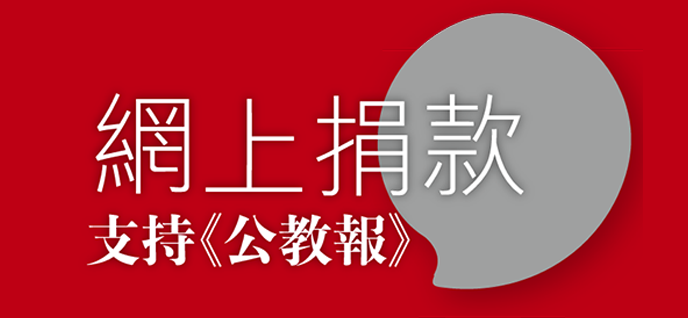昔日文章


Learning English with Thomas
2023.04.16
Thriceon“Philosophy”
三讀Philosophy
Knowing how English words are formed through examples of suffixes
通過例子去認識後綴 (suffixes) 在英文造詞的應用
T: Thomas, S: Sophia
T: Hi Sophia, why don’t we talk about your name again today. Let’s begin from the back, that is, to try to understand through suffixes. Agreeable?
S: Certainly, by all means. I have always wanted to understand more all along.
T: What words can we form by putting sophia as a root, to something? Well, first of all, I can think of sophistication, which refers to a state of something being very complex and intricate or of someone being highly knowledgeable and intelligent.
S: So, that’s what it really is.
T: But, another word that can be formed from sophia, looks similar but means something less positive. A word like sophistry or sophism, and it means to use clever but false arguments to fool and cheat people.
S: Oh, I don’t like the way they treated people.
T: Of course not. They are derived from the root sophia plus suffixes like−istry and−ists and−istication, and so on.S: Thanks Thomas Sir. You have taught me a lot. Can I buy you coffee?
T: Oh, that’s very gracious of you. I’d rather have tea, can I?
T: Sophia您好,不如今天我們再次談談你的名字。今次我們會從後綴(suffixes)的層面去理解,好嗎?
S: 當然好,我一直想了解多一點。
T: 當sophia作為詞根,可以組成甚麼英文字詞? 好吧,首先我可以想到sophistication(細緻性),它指的是一種非常複雜和錯綜複雜的狀態,或者是指某人知識淵博、聰敏過人的質素。
S: 原來如此。
T: 不過,另一個同樣來自詞根sophia的英文字詞,意味著不太正面的涵義。如sophistry或 sophism(詭辯),意思是賣弄聰明但用虛假的論據來愚弄和欺騙他人。
S: 噢,我不喜歡他們這樣待人。
T: 當然不能那樣。這些字詞組成都是從詞根 sophia加上不同的後綴而來,如-istry和-ists 和-istication等等。
S: 謝謝Thomas老師。你教懂了我很多。我可以請你喝咖啡嗎?
T: 噢,你太客氣了。我寧願喝茶,可以嗎?






